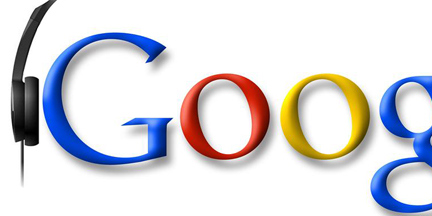
by Jake Espinoza
Being a successful, independent hip hop artist is possible–today’s artists have more tools available to them than ever before. Although many consumers look dumbfounded when asked to pay for music, the fact that independent artist Mac Miller sold over 150,000 albums within one week of his new album dropping proves that people are still buying music.
There are numerous companies that sell music digitally in exchange for a small percentage of each sale. The most recent to pop up is Google Music.
From a consumer perspective, Google Music doesn’t offer much new; however, it gives artists the ability to start and manage their own page, and upload music themselves. A one-time $25 startup fee is involved unless Google Music already has a page set up for you, and Google takes 30% of each sale. Artists are not currently able to upload their music directly to digital retailers like iTunes or Amazon, but companies such as Bandcamp already offer this service (Bandcamp only takes 15% of each sale).
“I’m not sure if I really see the need for Google Music,” said Sapient of Sandpeople. “People aren’t going to find music from the average shmoe by browsing on Google Music. If people are finding their music (on Google Music) it’s because they are looking for it or because they are getting linked to it… So it would be just as easy to link them to a Bandcamp page.”
If this catches on, allowing artists to upload their music directly to major digital distributors is a trend that could potentially put a hurt on companies like CD Baby , which stay relevant by connecting independent artists to digital distributors like iTunes, Amazon and Spotify. According to their website, over 260,000 independent artists sell their music through CD Baby. They will distribute an album to over 20 digital services for $39 plus 9% of the artist’s sales.
For example, if a song costs $1 on iTunes, iTunes keeps 30% and pays $0.70. CD Baby keeps 9%, and the artist keeps $0.63.
CD Baby hosts its own digital store as well. Artists keep $0.70 for every $1 sold in CD Baby’s store.
Cutting out the middle man would save the artist money, but since the majority of consumers purchase music via iTunes this isn’t currently an option. Google Music is set up to be convenient for consumers and more profitable for indie artists. At the same time there are so many there are so many options already available it’s hard to find a legitimate argument for anyone to choose Google Music as there first selection as either digital music store or as digital distributor.
Will you use it?

